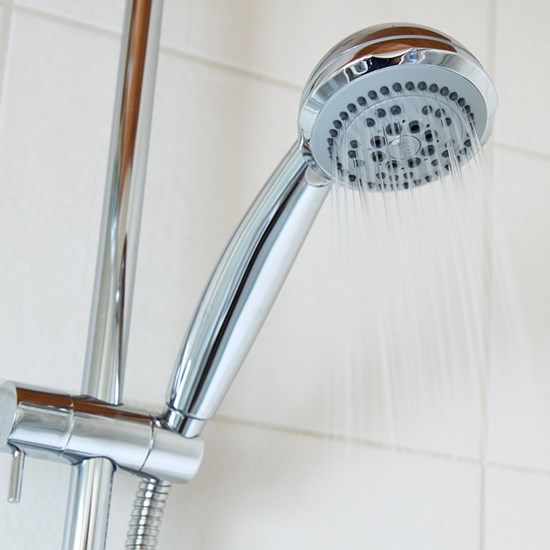A clean water supply is vital for your health and well being. Water systems naturally contain bacteria and other organisms but if they are allowed to multiply they can cause people to become ill and can potentially be fatal. The most common and high risk bacteria is legionella.
Scroll down to access the latest advice and answers to common questions, and please reach out to us if you have any questions!
-
Is my home at risk from the legionella bacteria?
The risk to your home is low because your water is usually stored in small quantities, above 45°C and is used daily. This means that the bacteria do not usually have the time to grow to significant levels. Risk can increase if a property has been left empty for long periods of time.
-
What can you do to improve water hygiene at home?
You can take a few simple steps to reduce the risk of legionella in your home.
● Store hot water at between 50°C and 60°C. The thermostat on your hot water cylinder (where applicable) should be set at 60°C, however due to the high temperatures of the stored water, children and the elderly should be supervised when using hot water to avoid scalding.
● Combination boilers provide hot water directly to the taps without the need for hot water storage.
● If you are away from your home for long periods, the water in your system can deteriorate if unused. When you return home, heat up your system to the normal temperature, open each tap and run for at least five minutes. This does not apply to homes with combination boilers. Cold taps should be flushed until the water runs cold. When flushing taps and other water outlets, open slowly and take care not to cause splashing or release of spray droplets to the atmosphere.
● If you have a shower fitted you should descale the showerheads and hoses every month by removing the head and hose and flushing through.
● Regularly clean tap outlets to prevent the build up of limescale.
● Ensure any taps which are not normally used are flushed regularly such as outside toilets and garden taps.
● If you are a Thrive Homes tenant and have taps, showers or any areas where stagnant water can occur (for example dead legs or pipes to a washing machine that is no longer used) please tell us and we will arrange to have them removed.
-
What does Thrive Homes do to reduce the risk of legionella in your home?
- Remove stored water wherever possible.
- Ensure storage tanks are maintained and meet the regulatory standard (L8).
- Remove dead-leg pipework where it is not required.

